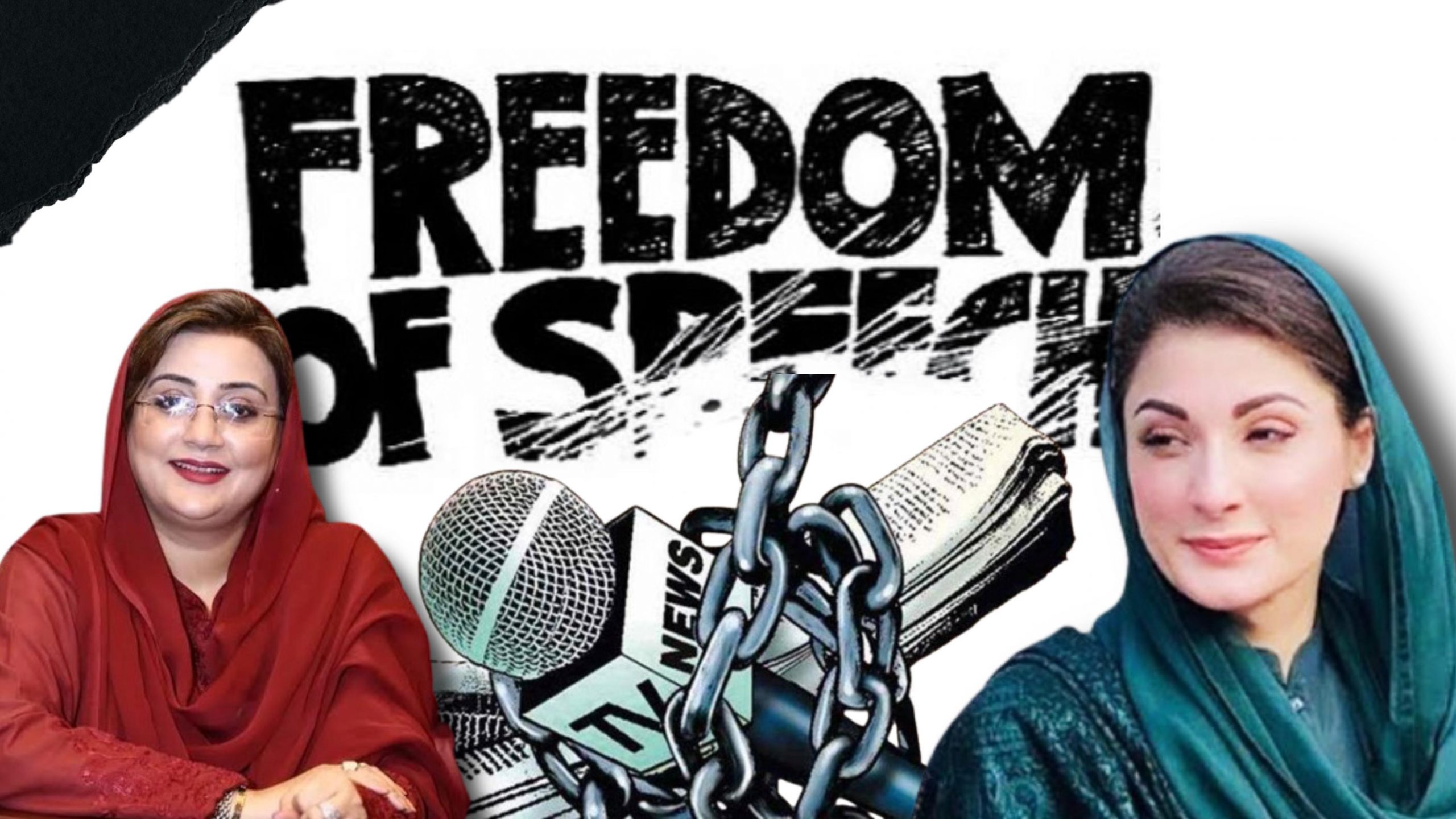The Punjab Defamation Bill 2024, while aimed at modernising defamation laws, raises concerns about its potential impact on freedom of expression and media freedom. While the bill introduces measures to address defamation in the digital age, it also imposes restrictions that could have chilling effects on free speech and the press.
Curtailing Public Discourse
One of the primary concerns surrounding the bill is its prohibition on commenting on pending proceedings before the tribunal. While intended to preserve the integrity of legal proceedings, this provision could stifle public discourse and inhibit the media’s ability to report on matters of public interest. By restricting commentary on ongoing cases, the bill limits transparency and accountability, potentially shielding powerful individuals or entities from public scrutiny.
Fear of Retaliation
The imposition of fines and penalties for violating the prohibition on commenting on pending proceedings may deter journalists and media outlets from reporting on sensitive issues or exposing wrongdoing. Fear of facing exorbitant fines or legal repercussions could lead to self-censorship, undermining investigative journalism and the media’s role as a watchdog.
Chilling Effect on Online Discourse
The bill’s provisions regarding online communication raise concerns about their potential impact on digital freedom of expression. By imposing fines for making defamatory statements online, the bill could discourage individuals from engaging in robust debate or expressing dissenting opinions on social media platforms. This chilling effect on online discourse could undermine the principles of free speech and open dialogue in the digital sphere.
Restrictive Legal Procedures
While the bill introduces streamlined procedures for initiating and defending defamation claims, its stringent timelines and requirements could disadvantage individuals or media organisations with limited resources. The need to obtain leave to defend within a short timeframe may pose challenges for defendants in gathering evidence or preparing a defence adequately. This could result in a disproportionate burden on those seeking to exercise their right to freedom of expression.
While the Punjab Defamation Bill 2024 aims to modernise defamation laws and protect individuals’ reputations, its potential impact on freedom of expression and media freedom cannot be overlooked. The bill’s provisions regarding commentary on pending proceedings, online communication, and legal procedures raise concerns about their chilling effect on public discourse and investigative journalism. As the bill progresses, it is crucial to strike a balance between protecting reputation rights and upholding the fundamental principles of freedom of expression and press freedom.
